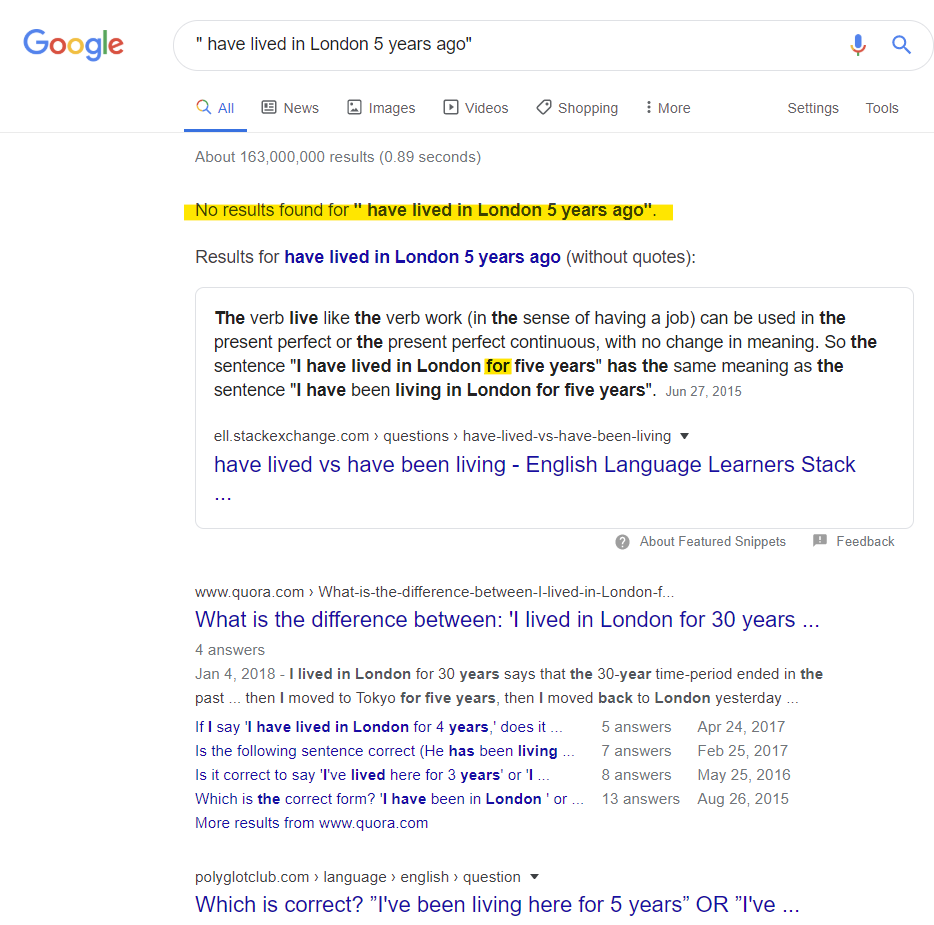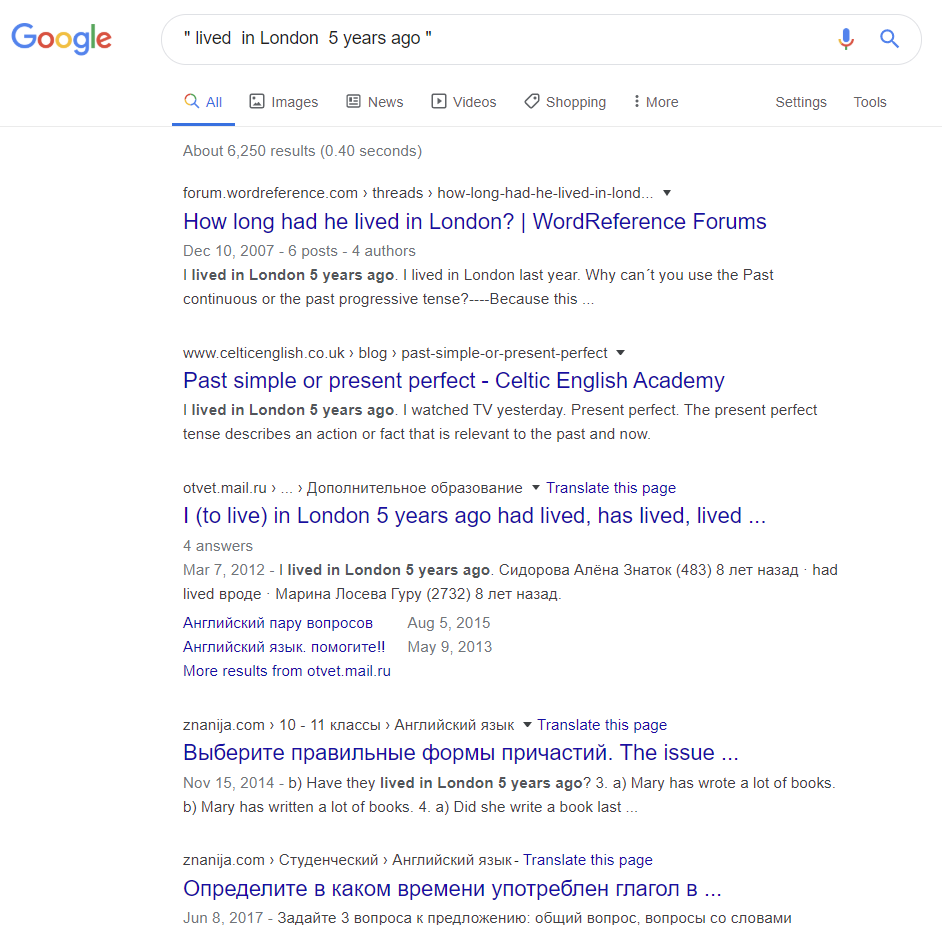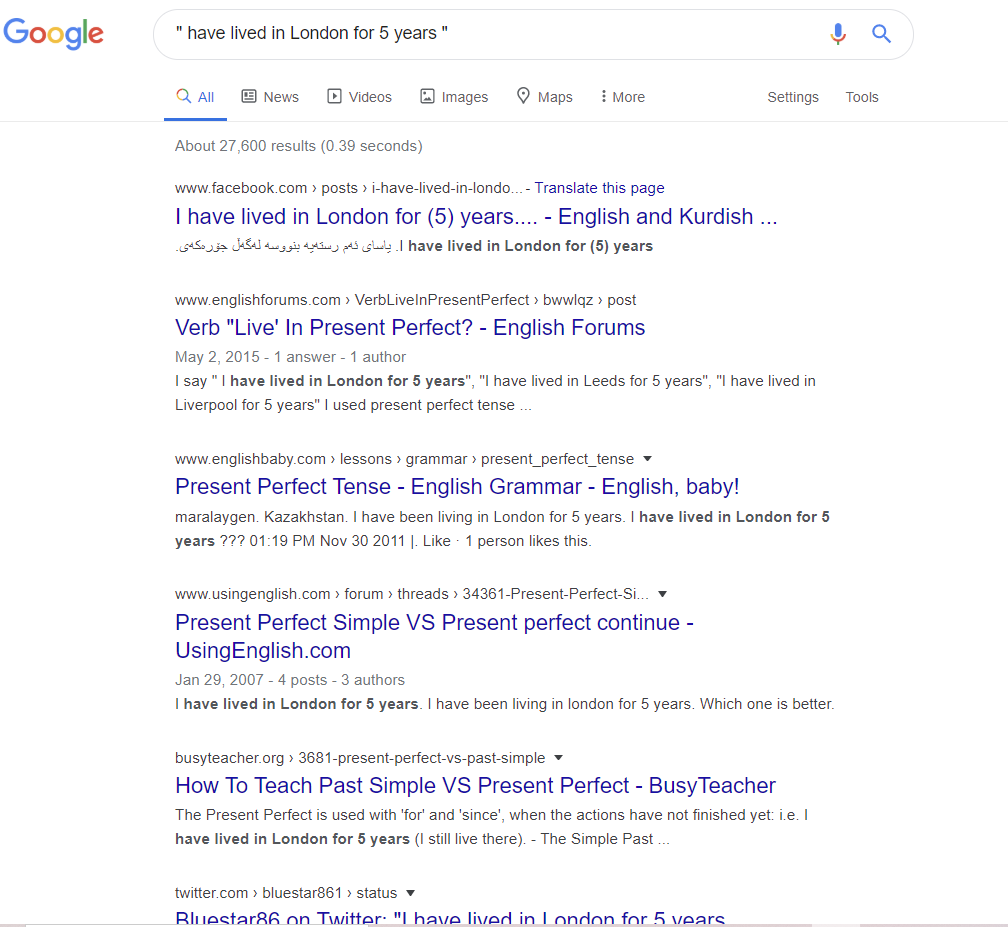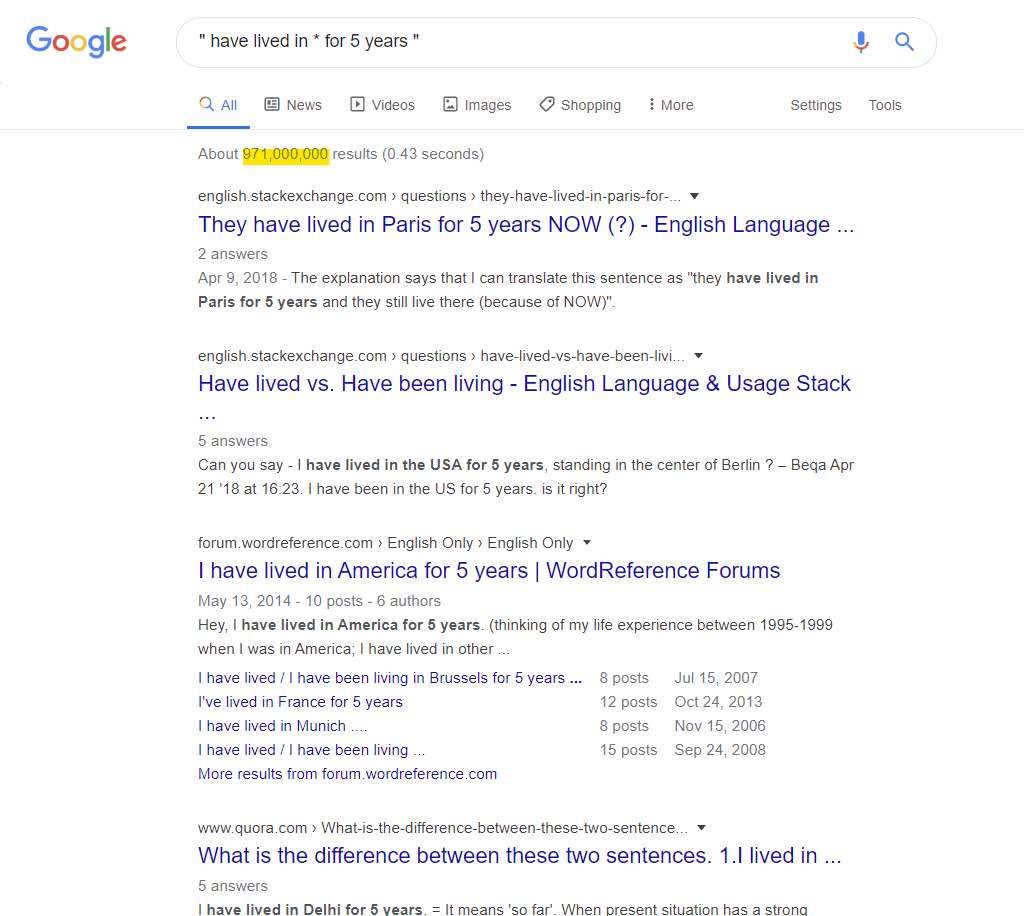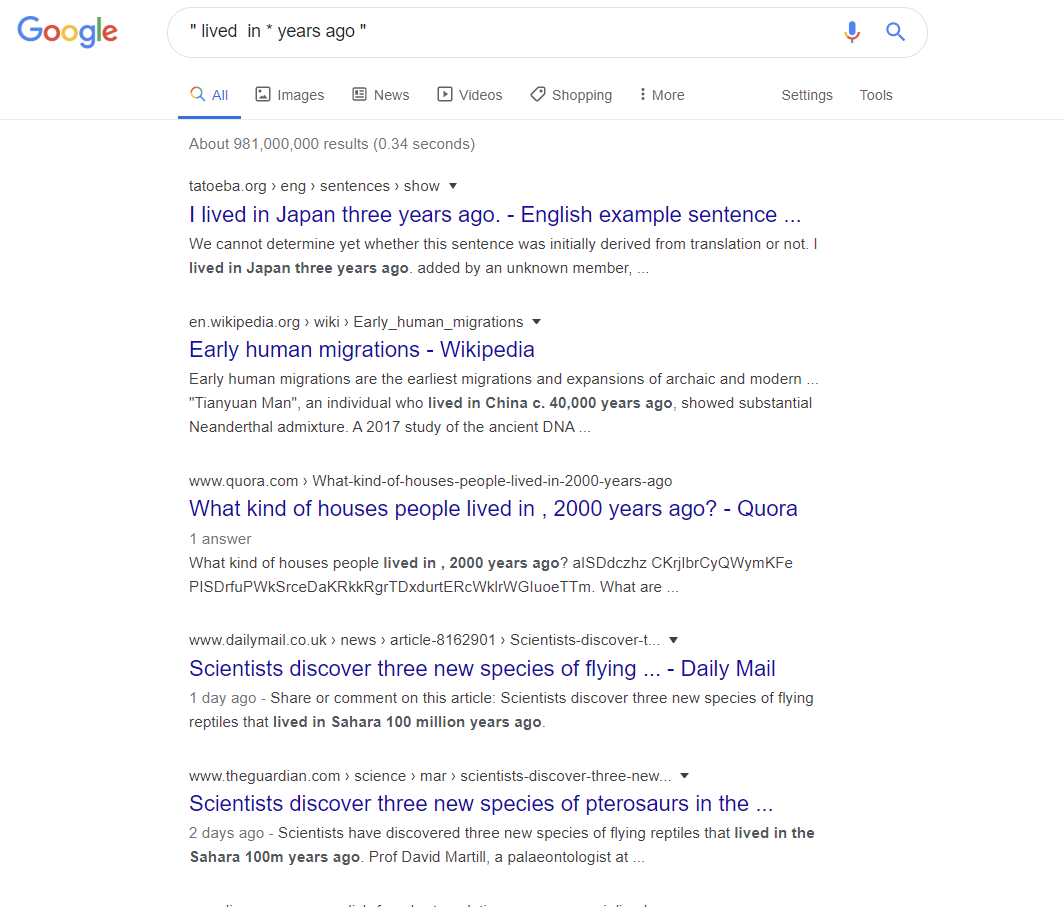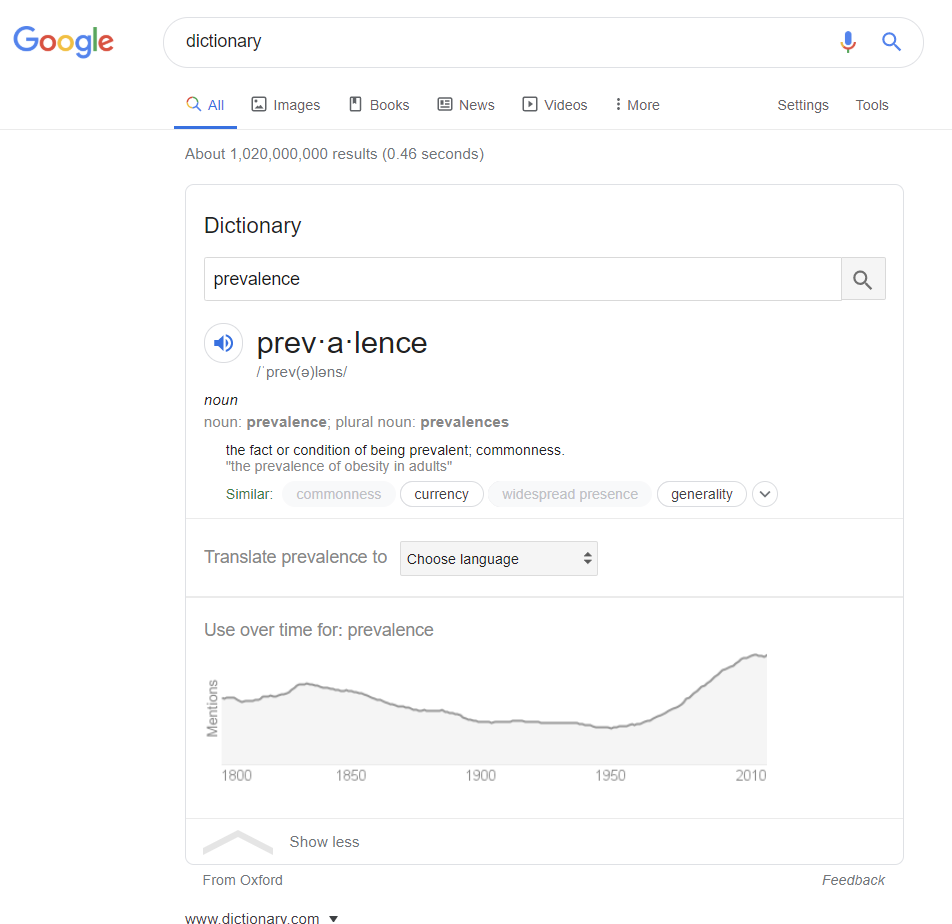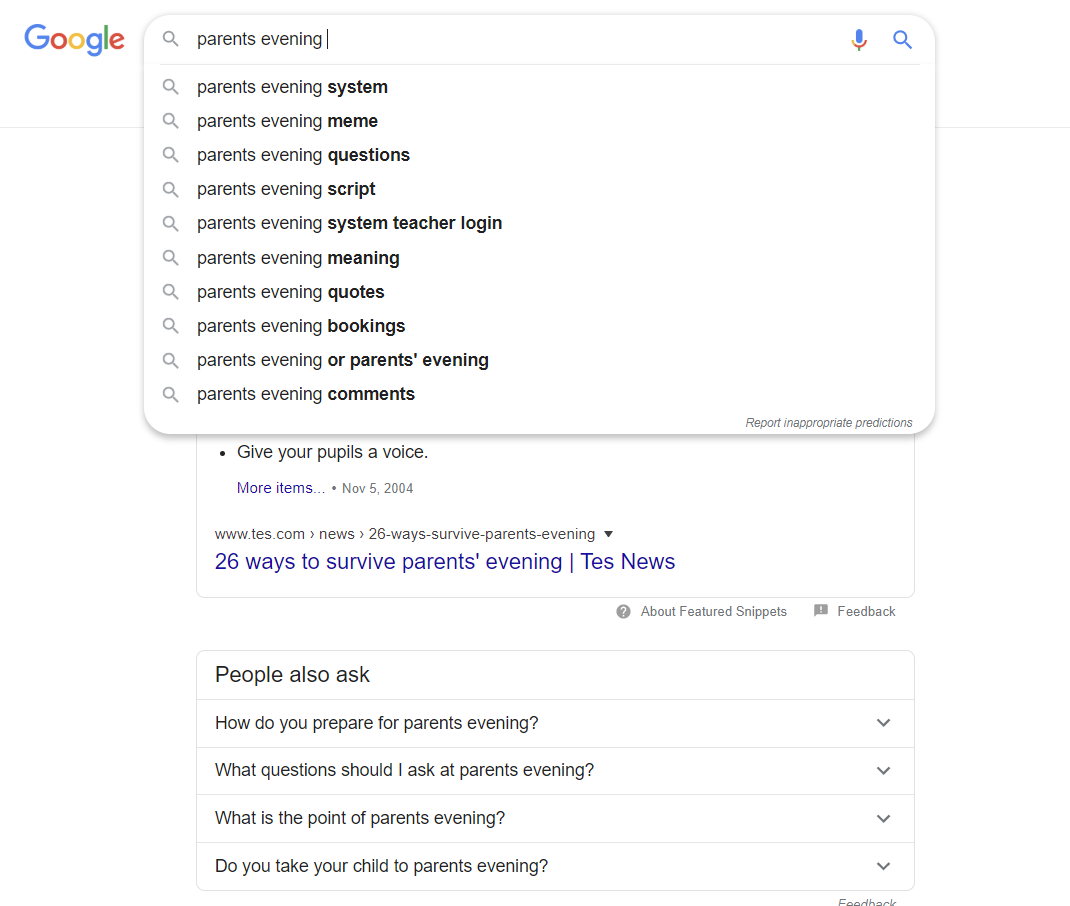●주어(S) + 동사(V) + 목적어(O) + 목적보어(O.C)
5형식에는 목적어와 목적보어를 둘다 필요로 하는 불완전타동사가 온다.
이때 목적보어는 목적어의 성질이나 상태, 신분을 설명한다.
즉, 목적보어는 목적어를 보충설명해 준다는 말이다.
목적어(O) = 목적보어(O.C)
ex) She makes me a good person.
그녀는 만들어준다 나를 좋은 사람으로
목적보어로 명사, 형용사를 취하는 동사들
▶ make, get, keep, turn, drive, leave.... + 명사/형용사
O를 C의 상태로 두다, 되게 하다
ex) Her gift made him very happy.
그녀의 선물은 해줬다 그를 매우 행복하게
ex) It would drive me crazy forever.
그것은 만들거야 나를 미치게 영원히
ex) He got the computer working again.
그는 했어 컴퓨터가 작동되게 다시
ex) Age has turned his hair gray.
나이가 변하게 했다 그의 머리카락을 회색빛으로
ex) She kept them waiting for a long time.
그녀는 계속하게했다 그들을 기다리도록 오랬동안
ex) Leave the window closed.
놔둬 창문을 닫힌채로
▶ choose, elect, call, name, appoint ...+ 명사/형용사
O를 C라고 부르다, 선택하다, 임명하다
ex) He called me Jack.
그는 불렀다 나를 잭이라고
ex) She chose him a class leader.
그녀는 그를 학급반장으로 선택했다
ex) The man appointed her a new secretary.
그남자는 그녀를 새로운 비서로 임명했다.
▶ think, believe, find, consider, suppose ...+ 명사/형용사
O를 C라고 생각하다, 믿다, 간주하다
이러한 동사들은 목적어 뒤에 보통 to be가 오고 형용사나 명사보어가 온다.
보통 형용사가 올 때는 to be가 생략되는 것이 특징이다.
ex) I thought him (to be) honest.
나는 생각했어 그가 정직하다고
ex) We found his lecture easy.
우리는 알았어 그의 강의가 쉽다고
ex) He considers himself an expert.
그는 여긴다 그 자신을 전문가로
목적보어로 부정사를 취하는 동사들
▶ want, wish, like, tell, allow, teach, order, ask, enable...+ to 부정사
O가 C 하는 것을 원하다, 허락하다
ex) I want you to pick up right now.
나는 원해 네가 픽업하기를 지금당장
ex) My mom didn't allow me to go out that night.
나의 엄마는 허락하지 않았어 내가 외출하는 것을 그날밤에
▶사역동사(~하게하다) let(=permit, allow), have, make(=compel, force) + 원형부정사
ex) She let us use the toilet.
그녀는 하게했다 우리가 사용할 수 있게 화장실을
=She allowed us to use the toilet.
ex) I had my hair cut yesterday.
나는 하게했다 내 머리카락이 잘려지도록 어제 =이발했다
★ help는 원형부정사 to부정사 둘다 취할 수 있다.
ex) My son helped me (to) wash the car.
나의 아들은 도왔다 나를 세차하는걸
★ get, cause 는 사역의 의미를 지니고 있지만 목적보어로 to부정사를 취한다.
ex) I'll get him to fix the door.
내가 하게할께 그에게 문을좀 고치라고
▶ 지각동사 (지각및 감각에 관련되 동사들) feel, look at, watch, hear, listen to, see, notice (observe)
+ 원형부정사
ex) I felt my hand touched by someone.
나는 느꼈어 내 손이 만져지는 것을 누군가에 의해
ex) She heard him speak.
그녀는 들었어 그가 말하는것을
목적보어로 분사를 취하는 동사들
▶ see, feel, catch, find...+ 현재분사
S는 O가 C 하고 있는 것을 V 하다
O가 C의 의미상 주체가 되어 서로 능동적인 관계
ex) I saw him entering the door.
나는 봤어 그가 그 문으로 들어가고 있는것을
▶ get, leave, start, keep, set.. + 현재분사
ex) I couldn't get the machine working.
나는 할 수 없었어 그 기계가 작동이 되도록
ex) That started him thinking.
저것이 시작하게 했다 그가 생각하는걸
▶find, want, have, get, make... + 과거분사
ex) She had her key stolen.
그녀는 그녀의 키를 도둑 맞았다
ex) My boss wants the job done by this week.
사장님은 원한다 그 일이 마무리 되기를 이번주 까지
